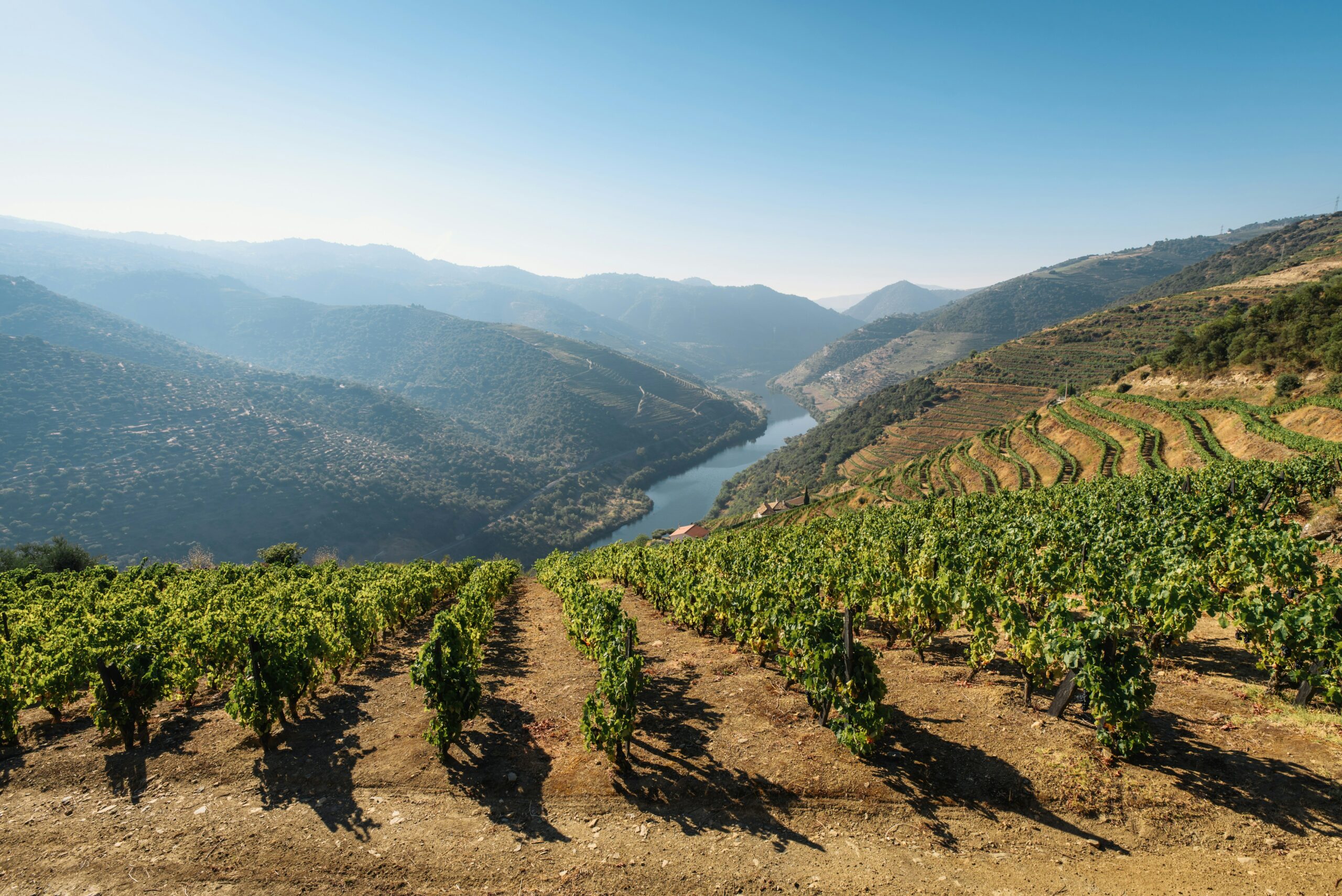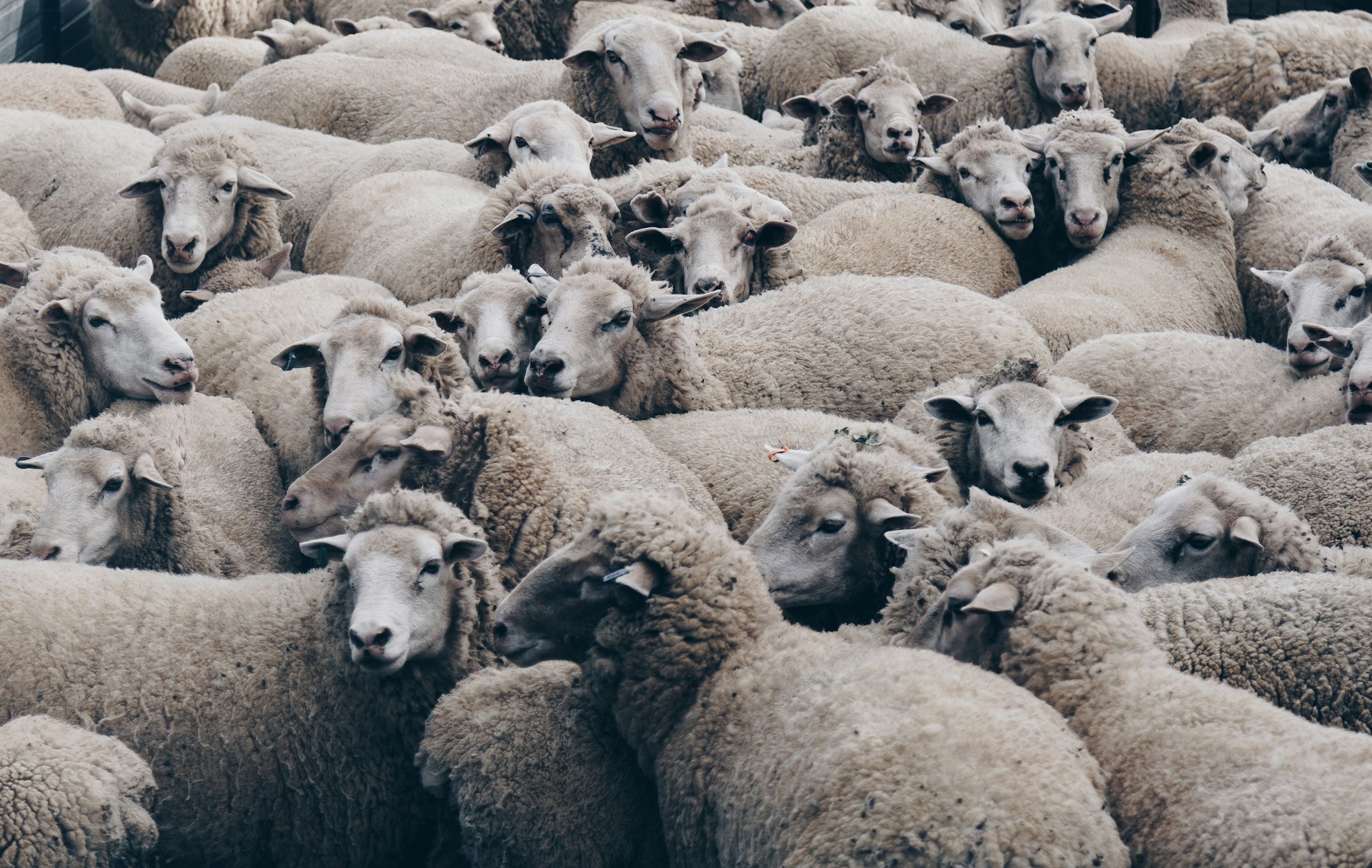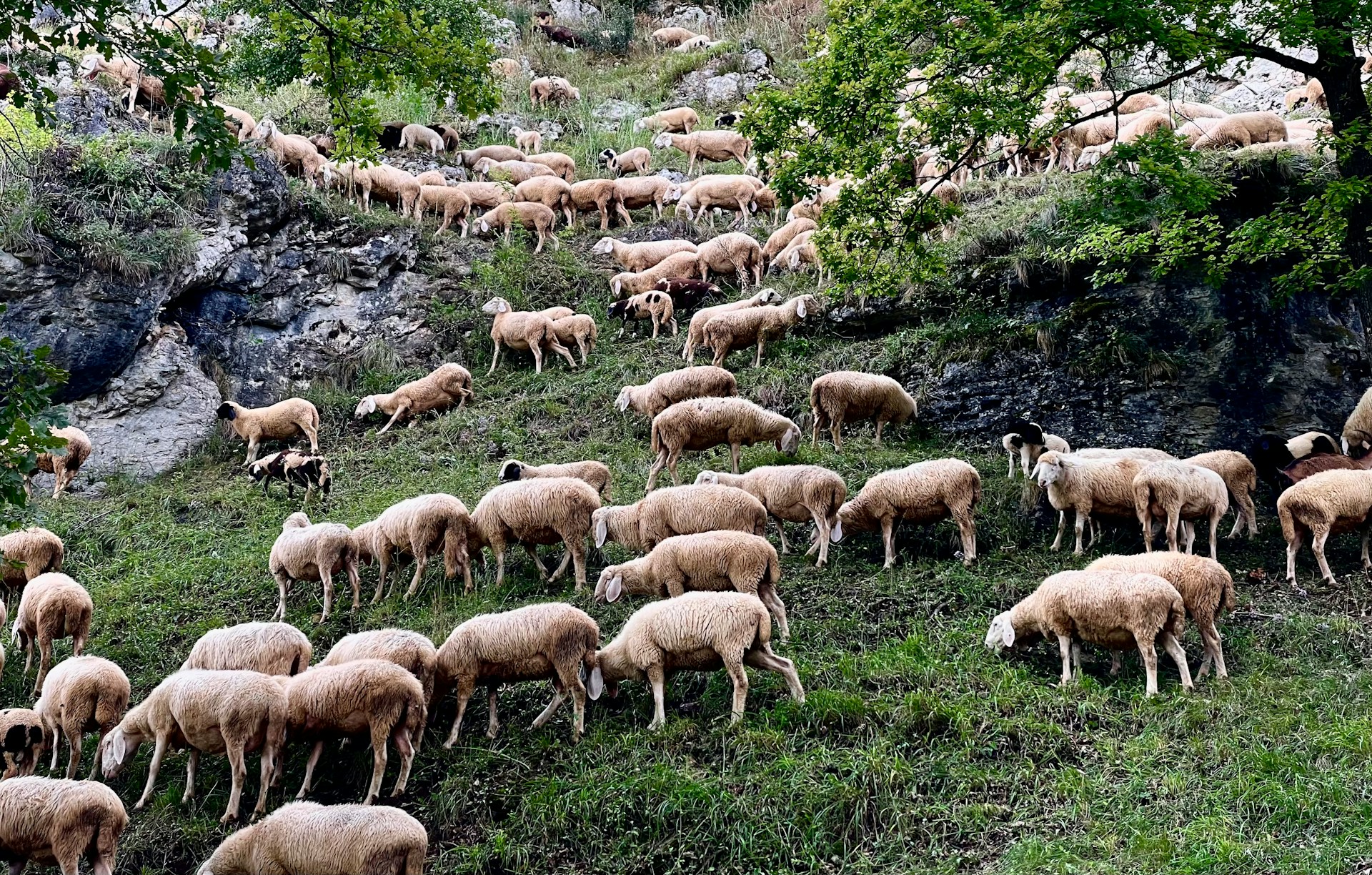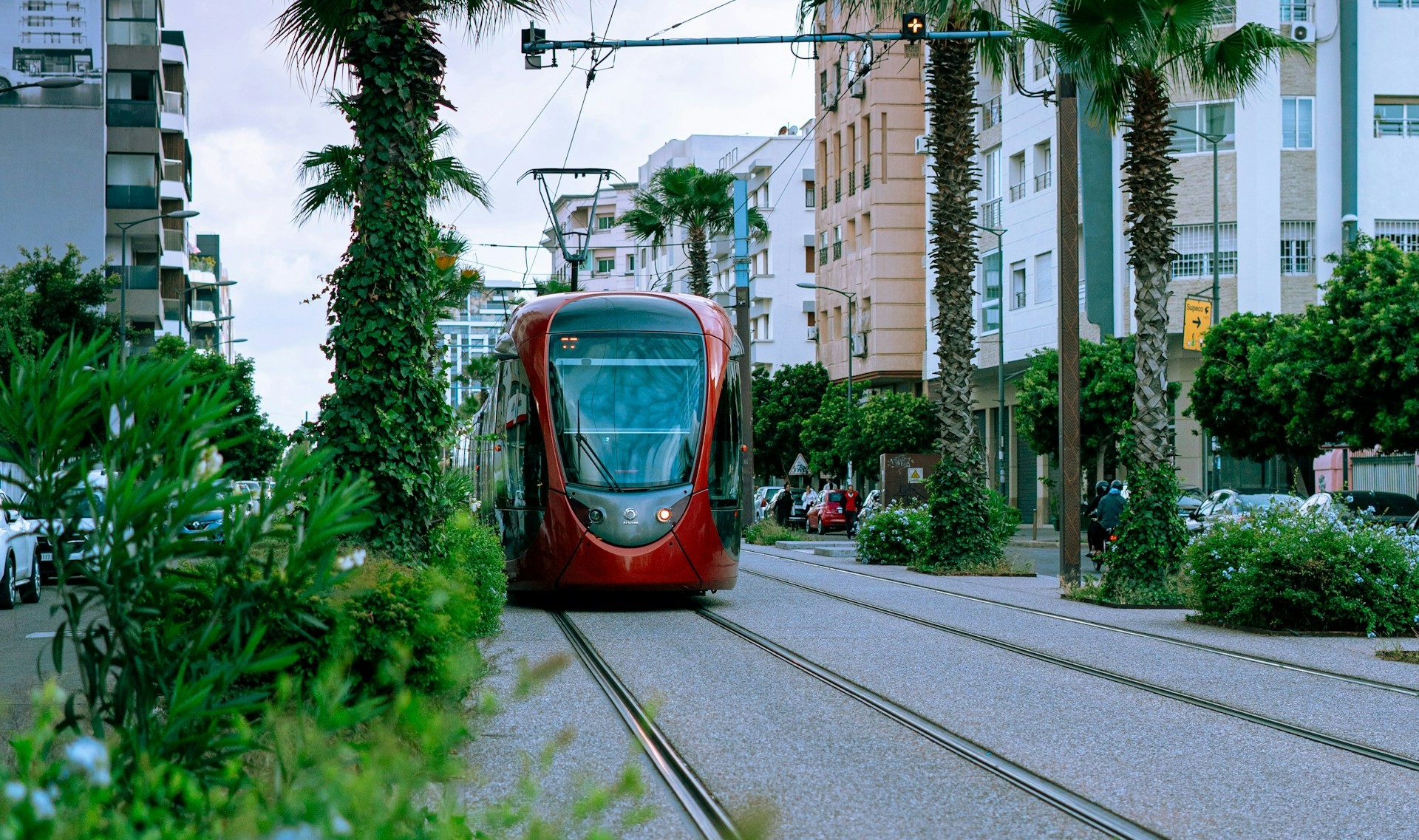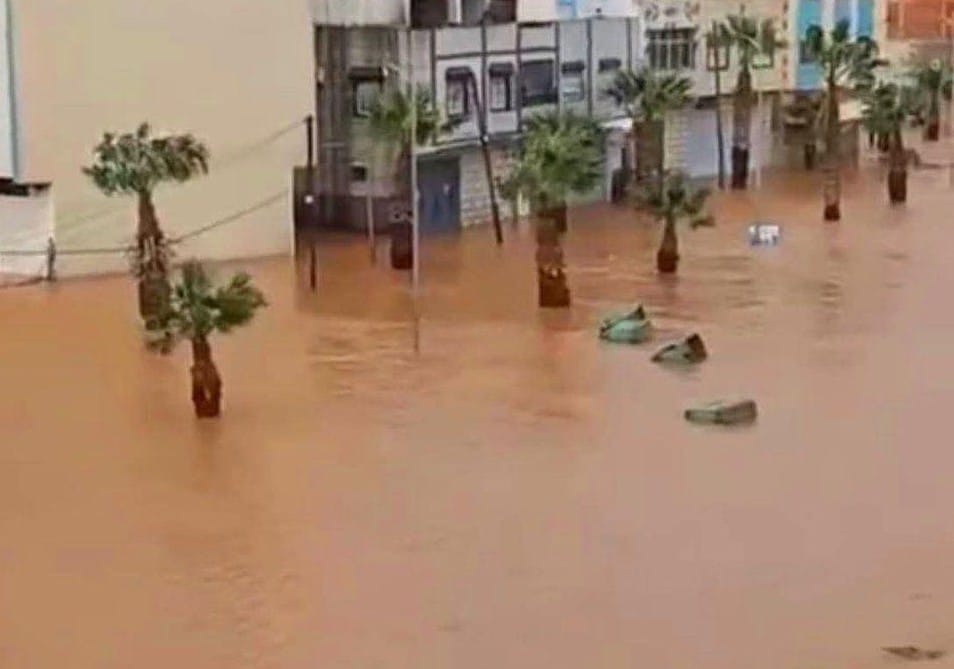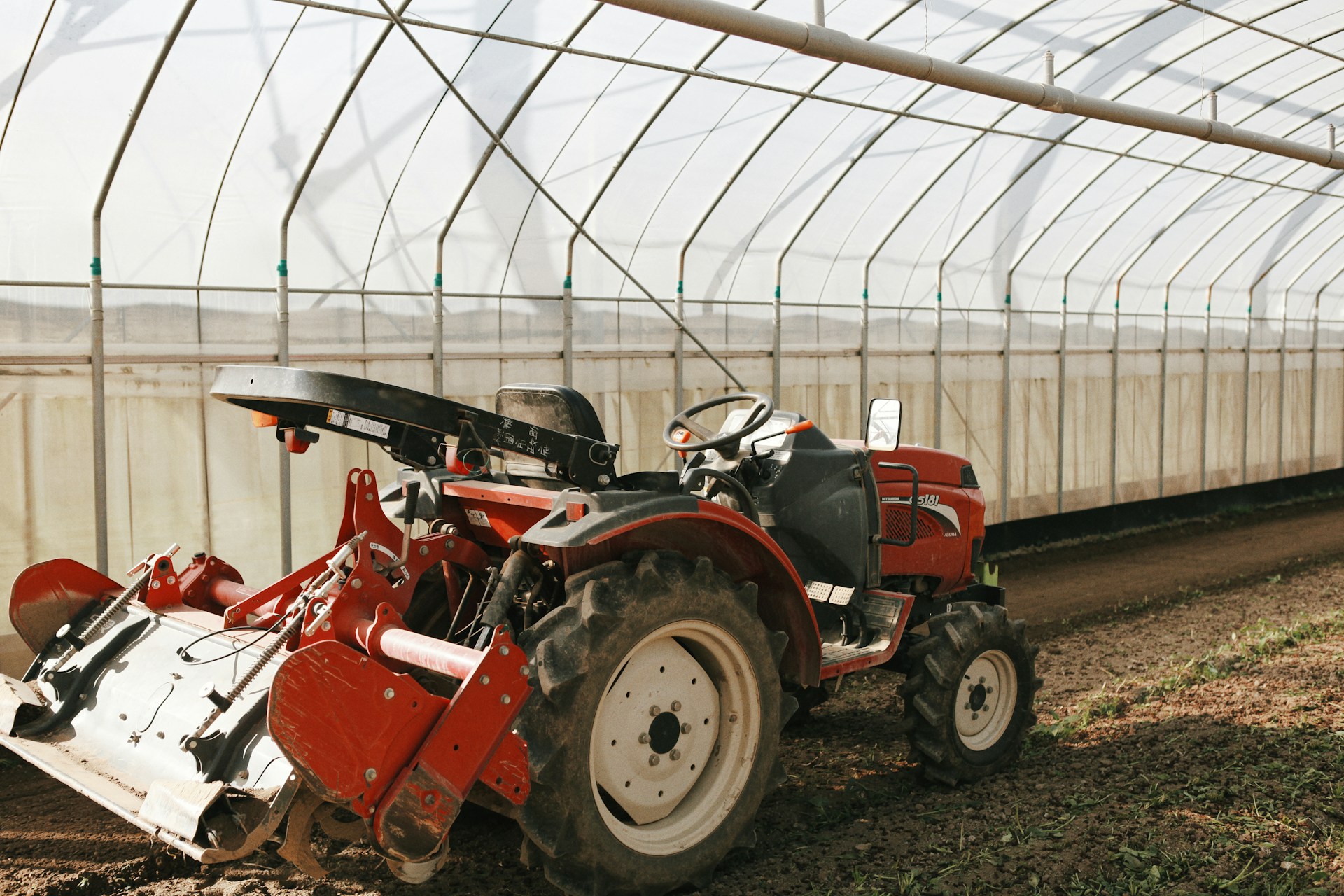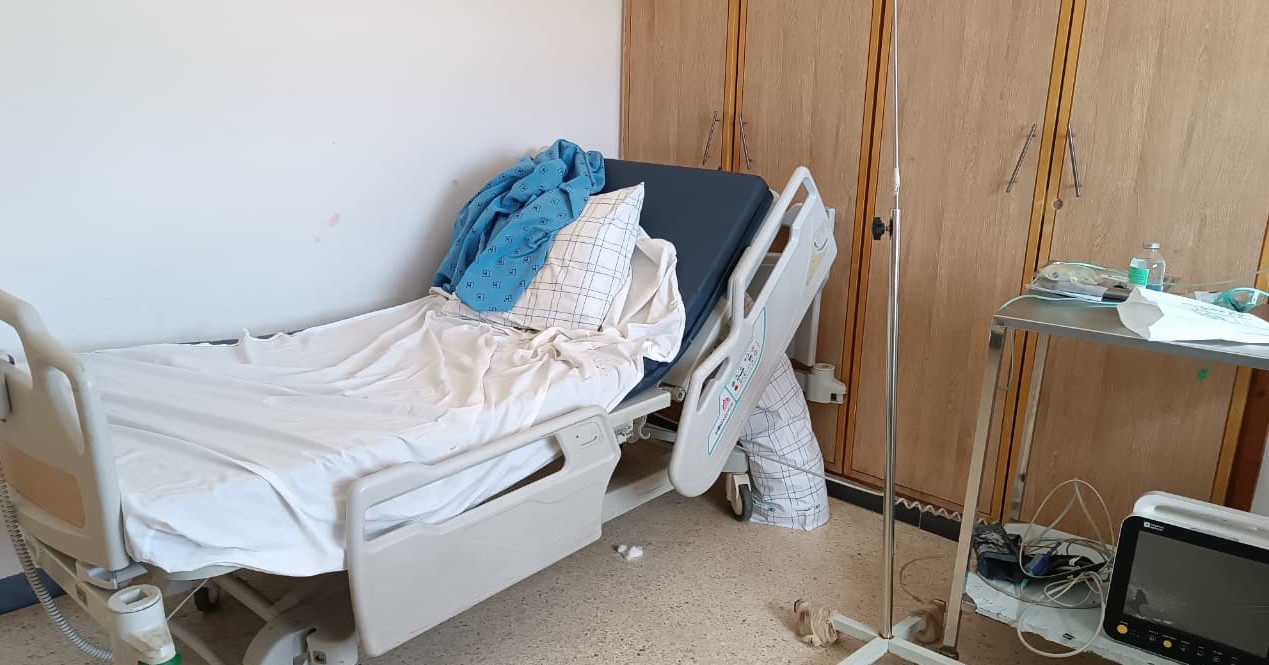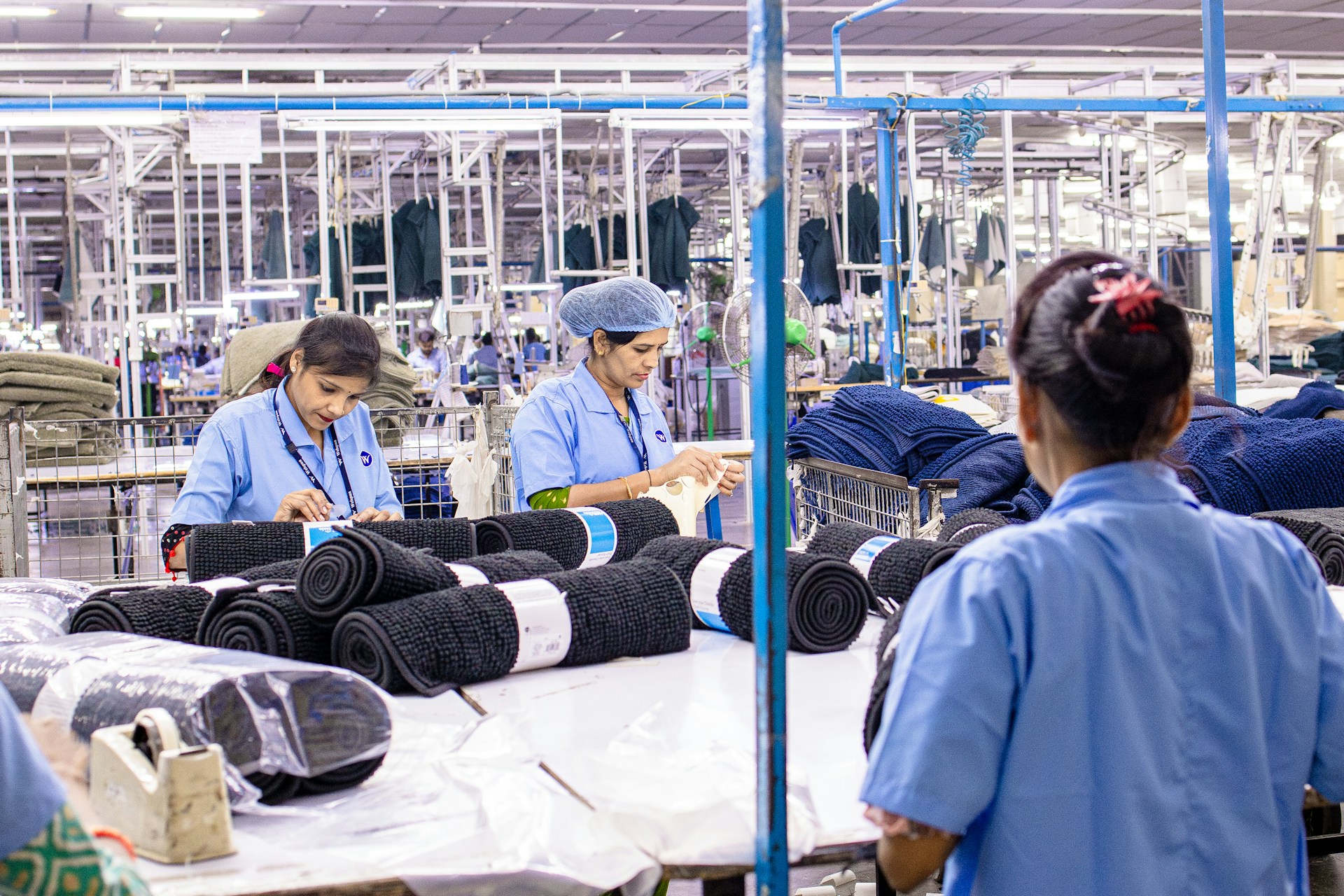Casablanca – Mohamed Sadiki, the Minister of Agriculture, Fisheries, Rural Development, and Water and Forests, and Marc Fesneau, the French Minister of Agriculture and Food Sovereignty, signed a roadmap aimed at enhancing cooperation and partnership in the fields of agriculture and forestry.
The agreement, inked during the 16th edition of the Morocco International Agriculture Trade Show (SIAM), held in Meknes, underscores the joint commitment to advancing sustainable and resilient production systems under the theme “Climate and agriculture.”
This roadmap delineates key areas of cooperation, underscoring the pivotal role agriculture, forestry, and agrifood play in both Moroccan and French economies, societies, and sustainable development agendas. It emphasizes the potential for investment, job creation, economic growth, and trade stemming from the transition to sustainable, climate-resilient agricultural and forestry systems.
Minister Sadiki underscored the significance of SIAM as a cornerstone event driving Morocco’s agricultural agenda and fostering crucial partnerships. He highlighted the importance of collaborative efforts in human resource development and research, particularly in addressing climate change challenges.
Echoing Sadiki’s sentiments, Minister Fesneau stressed the roadmap’s importance, elucidating its key focus areas aimed at bolstering bilateral cooperation.
Following the signing, several pivotal agreements were sealed between Moroccan and French entities. These included framework partnerships between prominent agricultural organizations, such as the National Interprofessional Federation of Seeds and Seedlings (FNIS) and its French counterpart SEMAE, and the Interprofessional Federation of Cereal Activities (FIAC) with Intercéréales France, among others.
Moreover, memoranda of understanding were exchanged to advance specific projects, including the establishment of a regional technical center to enhance oilseed production in Morocco.
Academic collaboration also took center stage, with agreements signed between educational institutions such as the National Institute for Higher Education in Agriculture, Food, and the Environment in France and the Meknes National School of Agriculture in Morocco. These agreements aim to foster inter-university cooperation and mutual knowledge advancement.
Furthermore, partnerships between research institutes, exemplified by the collaboration between the Hassan II Agronomic and Veterinary Institute and the National Research Institute for Agriculture, Food, and the Environment (INRAE), signify a commitment to advancing scientific research and socio-economic development.
In a bid to tackle climate change challenges head-on, a letter of intent was exchanged between Mohammed VI Polytechnic University (UM6P) and INRAE to establish an International Associated Laboratory focusing on biomass, organic waste, and micro-algae utilization for energy production, animal feed, and fertilizers.
Lastly, the continuous partnership between the Crédit Agricole du Maroc and the French Development Agency (AFD) culminated in two credit agreements aimed at bolstering agriculture’s sustainability and resilience in the face of climate change, thereby ensuring greater food security.
The signing of these agreements marks a noteworthy achievement in Morocco-France relations, paving the way for enhanced cooperation and mutual prosperity in the agricultural and forestry sectors.






